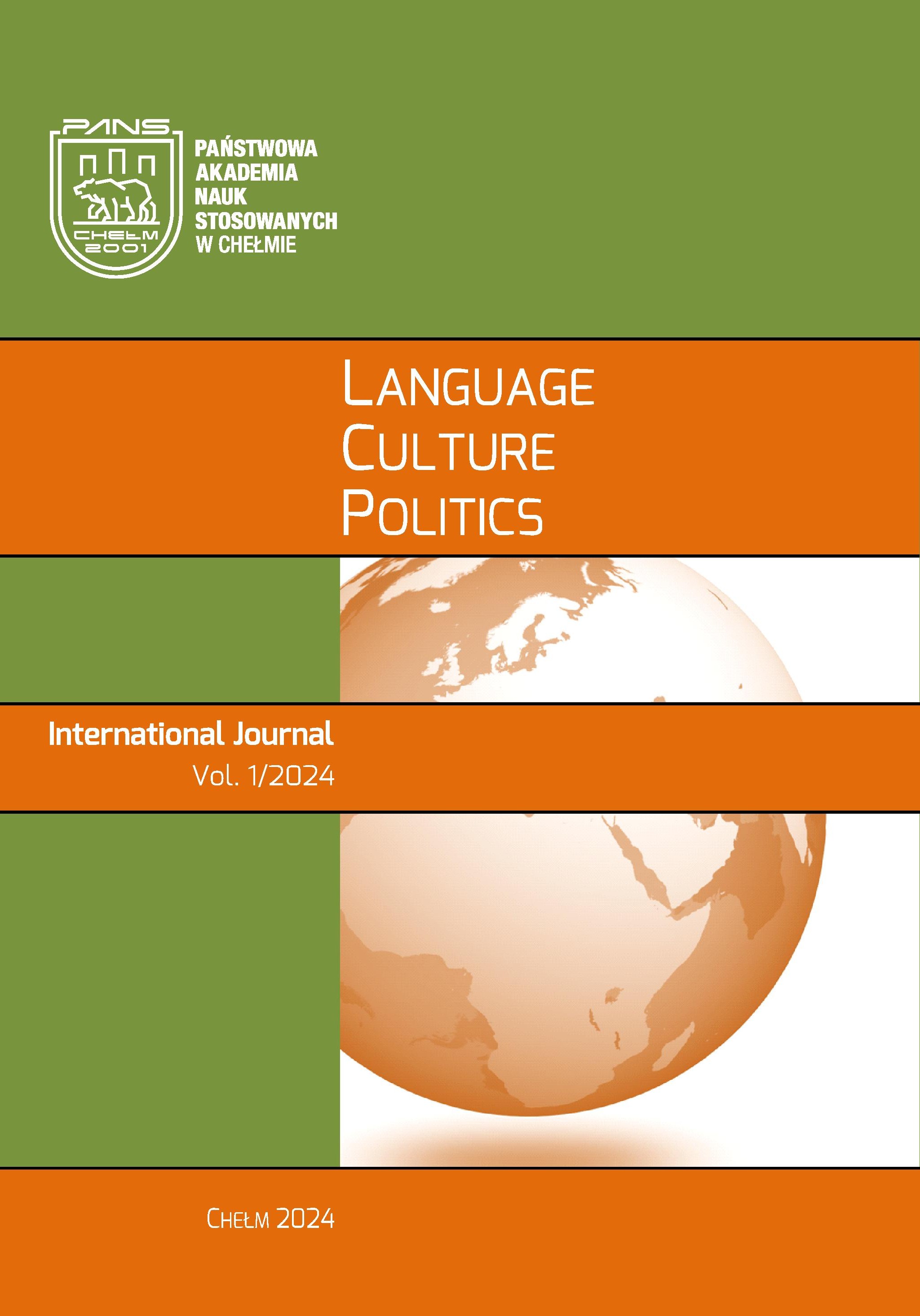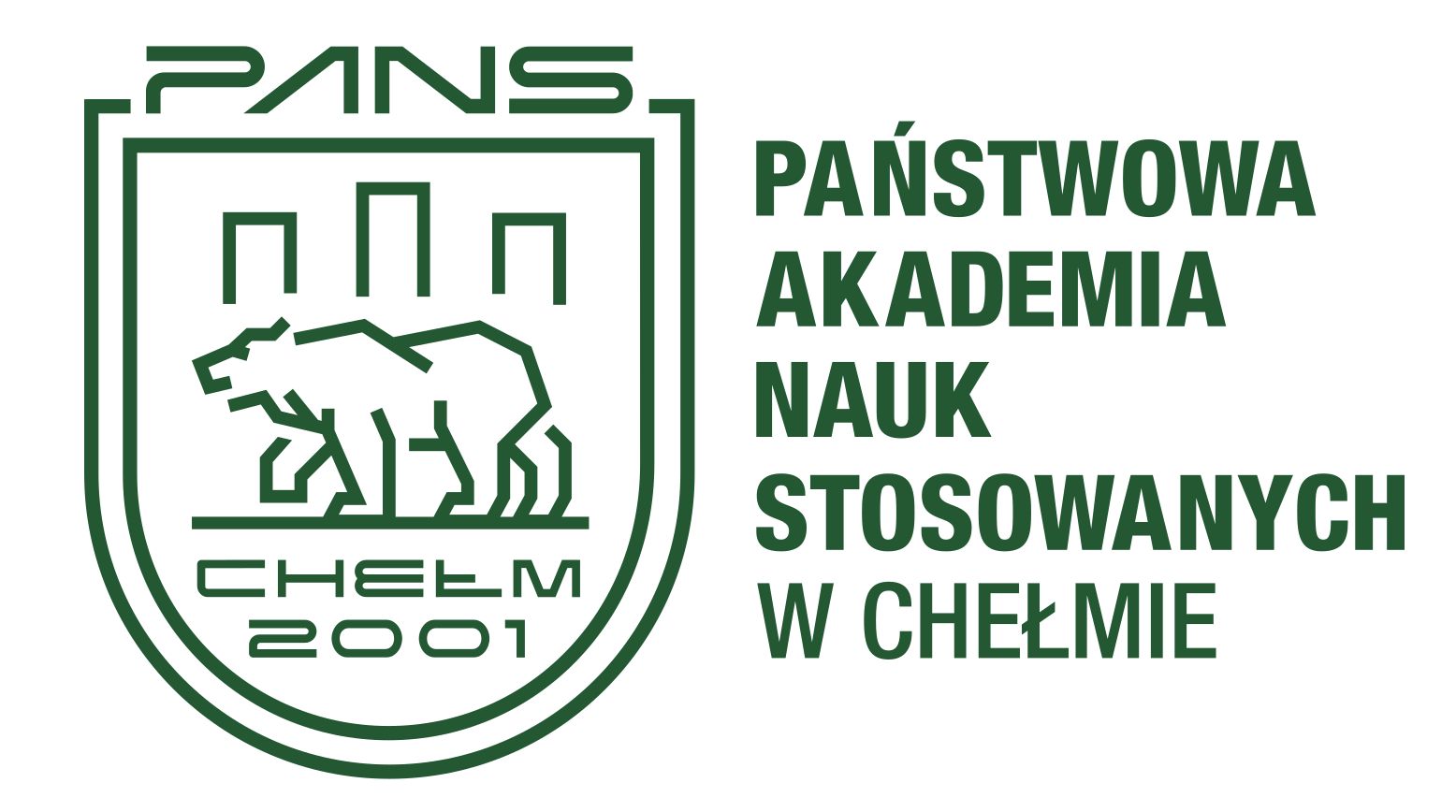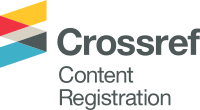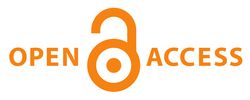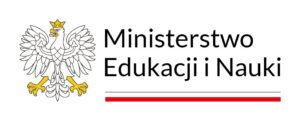Students’ Self-Efficacy and Resilience in An Online Environment in a Post-Pandemic
DOI:
https://doi.org/10.54515/lcp.2024.1.81-97Keywords:
stress resilience, self-efficacy, self-directed process, learning environment as a complex adaptive systemAbstract
Covid-19 has caused tremendous changes in all spheres of life, including education. Coronavirus has dramatically altered situation all over the globe. The pandemic has forced to switch education towards online teaching mode, where learning content was delivered both, synchronously and asynchronously. After the pandemic, it has become impossible to return to the same patterns of life and studies as before. Hybrid teaching has become a reality in majority of higher institutions in many countries.
The aim of this study it to explore the aspects of efficacy in an online learning environment by building higher students’ stress resilience in facing New Normal in a post-pandemic time.
Research methodology. For the purpose of this study the authors used a questionnaire to explore stress resilience and self-efficacy in an online learning environment in a post pandemic. New sentence: Additionally, they conducted focus group interviews to examine coping mechanisms for building greater stress resilience among students in higher education. It was concluded that online learning requires paradigm shift in education towards post-industrial model by focusing on learner-centred constructivist approaches in co-creating knowledge in a self-directed learning mode. The intention of the authors was to explore a potential of pedagogical approaches on how to apply complex design of an online learning environment to become more efficient.
References
Bandura, A. (1977). Self -efficacy: The exercise of control. New York: W.F. Freeman.
Bates, R., & Khasawneh, S. (2007). “Self - efficacy and college students’ perceptions and use of online learning systems”. In: Computers in Human Behaviour, vol. 23 (1). DOI: https://doi.org/10.1016/j.chb.2004.04.004
Beaudoin, M. (2016). “Issues in distance education: A primer for higher education decision makers”. In: New Directions for Higher Education, vol. 173. DOI: https://doi.org/10.1002/he.20175
Bellinger, A., Bullen, D., & Ford, D. (2014). “Practice research learning: students as c-researchers and co-constructors of knowledge”. In: Nordic Social Work, no 4(1). DOI: https://doi.org/10.1080/2156857X.2014.961526
Brown, T. (2008). “Design thinking”. In: Harvard Business Review, no 86(6).
Checkland, P. (1991). Systems thinking: Systems practice. Chichester, Wiley.
Dusi, D., & Huisman, J. (2020). “It’s more complex than it seems! Employing the concept of consumption to grasp the heterogeneity and complexity of student roles in higher education”. In: Higher Education, vol. 81. DOI: https://doi.org/10.1007/s10734-020-00588-1
Eppel, E. (2012). “What does it take to make surprises less surprising? The contribution of complexity theory to anticipation in public management”. In: Public Management Review, no 14(7). DOI: https://doi.org/10.1080/14719037.2011.650055
Estrada-Muñoz, C., Castillo, D., Vega-Muñoz, A., & Boada-Grau, J. (2020). “Teacher technostress in the Chilean school system”. In: International Journal of Environmental Research. Public Health, no 17, 5280. DOI: https://doi.org/10.3390/ijerph17155280
Taipjutorus, W., Hansen, S., & Brown, M. (2012). “Investigating a relationship between learner control and self-efficacy in an online learning environment”. In: Journal of Open, Flexible and Distance Learning, no 16(1). DOI: https://doi.org/10.61468/jofdl.v16i1.95
Fink, G. (2016). Stress, definitions, mechanisms, and effects outlined: Lessons from Anxiety. Elsevier. DOI: https://doi.org/10.1016/B978-0-12-800951-2.00001-7
Harasim, L.M. (2012). Learning theory and online technology. UK: Routledge. DOI: https://doi.org/10.4324/9780203846933
Fawaz, M., & Samaha, A. (2020). “E-learning: Depression, anxiety, and stress symptomatology among Lebanese university students during COVID-19 quarantine”. In: Pub Med, np. 56(1). DOI: https://doi.org/10.1111/nuf.12521
Heylighen, F. (2008). Complexity and self-organization. In: M. J. Bates & M. N. Maack (dds.), Encyclopaedia of library and information sciences. t. 2. Oxford: Taylor and Francis.
Hemhill, H., Hemhill, L., & Runquist, R. (2019). Improving completion in online education system: An application of systems thinking. Learning, design, and technology. In: M.J. Spector, B. Lockee, M.D. Childress (eds). Learning, design, and technology. Cham: Springer International Publishing. DOI: https://doi.org/10.1007/978-3-319-17727-4_104-1
Holland, J. H. (1998). Emergence: From chaos to order. Oxford University Press. DOI: https://doi.org/10.1093/oso/9780198504092.001.0001
Khong, H., Celik, I., & Le, T. et al.(2022). “Examining teachers’ behavioural intention for online teaching after COVID-19 pandemic: A large-scale survey”. In: Education Information Technologies, no 28. DOI: https://doi.org/10.1007/s10639-022-11417-6
Lawrence, R. J., & Despres, C. (2004). “Futures of trans-disciplinarity”. In: Futures, no 36(4). DOI: https://doi.org/10.1016/j.futures.2003.10.005
Lizana, P., Vega-Fernadez, G., Gomez-Bruton, A., Leyton, B., & Lera, L. (2021). “Impact of the COVID-19 pandemic on teacher quality of life: A longitudinal study from before and during the health crisis”. In: International Journal of Environmental Research and Public Health, no 18(7). DOI: https://doi.org/10.3390/ijerph18073764
Martinez-Sanchez, A., Vela-Jimenes, M.J., Abella-Garces, S., Gogemasns, S. (2019). “Flexibility and innovation: Moderator effects of cooperation and dynamism”. In: Personnel Review, no. 48(6). DOI: https://doi.org/10.1108/PR-12-2017-0397
Mao, J., & Shearer, P.L. (2019). Technology affordances in online learning: A system thinking and system dynamics theoretical framework. In: M.J. Spector, B.B. Locke, M.D. Childress (eds). Learning, Design, and Technology. Cham: Springer, International Publishing. DOI: https://doi.org/10.1007/978-3-319-17727-4_106-1
Redecker, C. (2017). European framework for the digital competence of educators: DigCompEdu. Y. Punie, (ed). EUR 28775 EN. Publications Office of the European Union, Luxembourg.
Pellas, N. (2014). “The influence of computer self-efficacy, metacognitive self-regulation on students engagement, in online learning programmes: Evidence from the virtual world of Second Life”. In: Computers in Human Behaviour, no 35. DOI: https://doi.org/10.1016/j.chb.2014.02.048
Reigeluth, C.M. (2019). Chaos theory and the sciences of complexity: Foundation for transforming educational systems. In: M. Spectoe, B. Locke, M. Childress (eds). Learning, design, and technology. Cham: Springer International Publishing. DOI: https://doi.org/10.1007/978-3-319-17727-4_95-1
Scott, A., Woolcott, G., Keast, R., & Chamberlain, D. (2018). “Sustainability of collaborative networks in higher education research projects. Why complexity? Why not?” In: Public Management Review, no 20(7). DOI: https://doi.org/10.1080/14719037.2017.1364410
Sockman, B, R., Cloosey, L., Carducci, O.M., Batson-Magnuson, L., Mazure, D., White, G., et al (2019). System thinking as a heuristic for the implementation of service learning in a university. In: M.J. Spector, B., Lockee, M. Childress (eds). Learning, design, and technology. Cham:Springer, International Publishing. DOI: https://doi.org/10.1007/978-3-319-17727-4_91-1
Taipjutorus, W. (2014). The relationship between learner control and online learning self-efficacy. (Doctoral Dissertation), Massey University, Manawatu Campus, New Zealand.
The Digital Competence Framework (DigComp). https://digital-skills-jobs.europa.eu/en/actions/european-initiatives/digital-competence-framework-digcomp, 20.04.2024.
The Digital Education Action Plan (2021-2027). https://education.ec.europa.eu/focus-topics/digital-education/action-plan, 20.04.2024.
Tamin, S. (2020). “Analysing the complexities of online education Systems: A system thinking perspective”. In: Technology Trends, no 64. DOI: https://doi.org/10.1007/s11528-020-00538-9
Wells, J. (2013). Complexity and sustainability.UK: Routledge. DOI: https://doi.org/10.4324/9780203095676
World Health Organization (WHO) (2020). COVID-19 situation reports. 2020. https://www.who.int/emergencies/diseases/novel-coronavirus-2019/situation-reports, 20.04.2024.
Wood, J. (2007). Win-win-win: synergy tools for meta-designers. In: I. Inns, (ed,). Designing for the 21st century: Interdisciplinary Questions and Insights. Aldershot: Gower.
